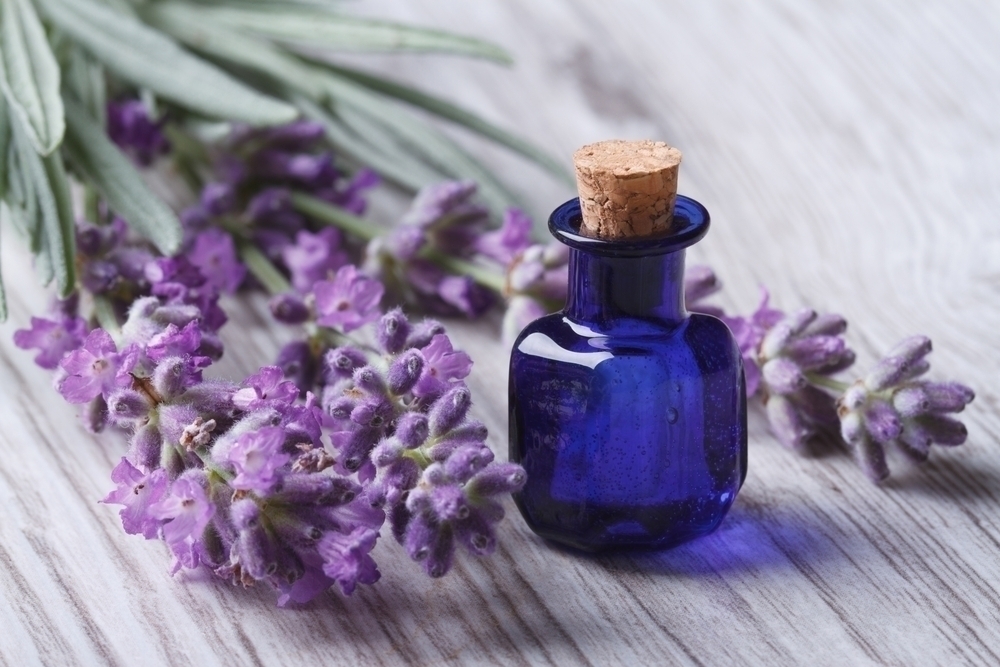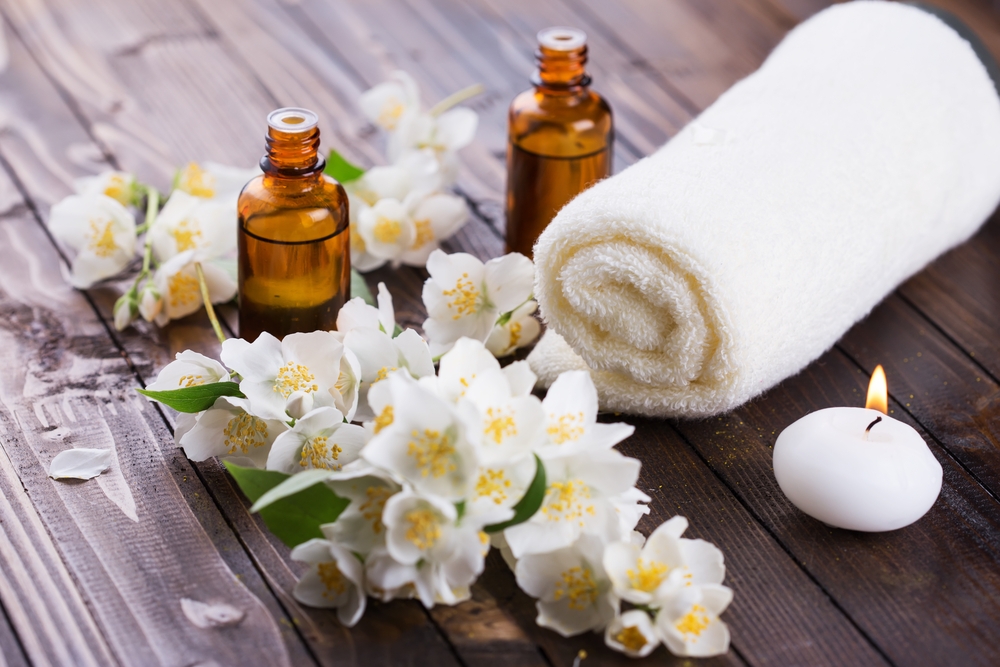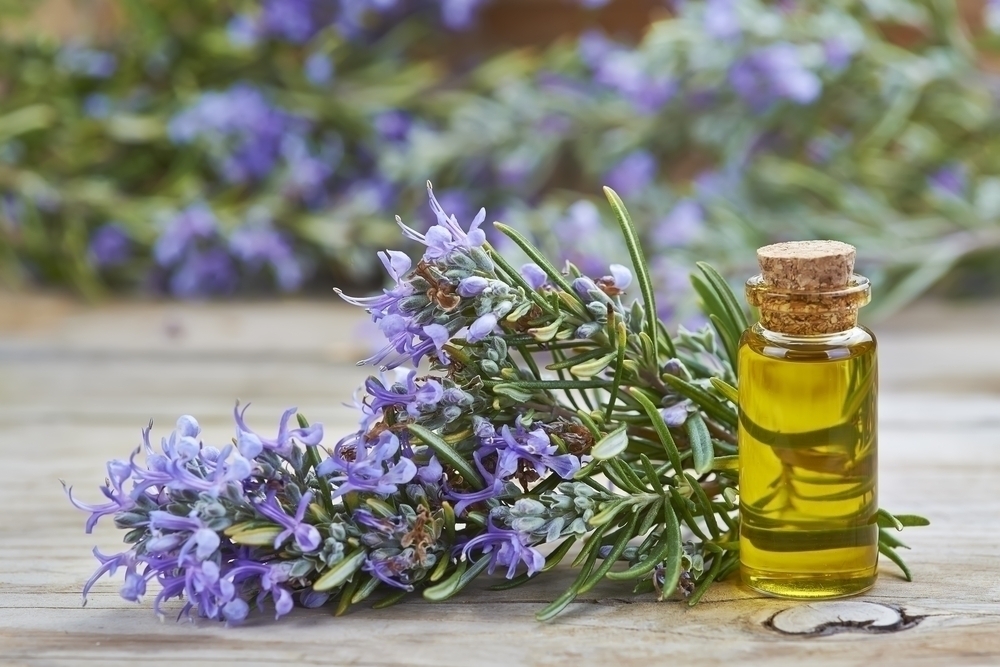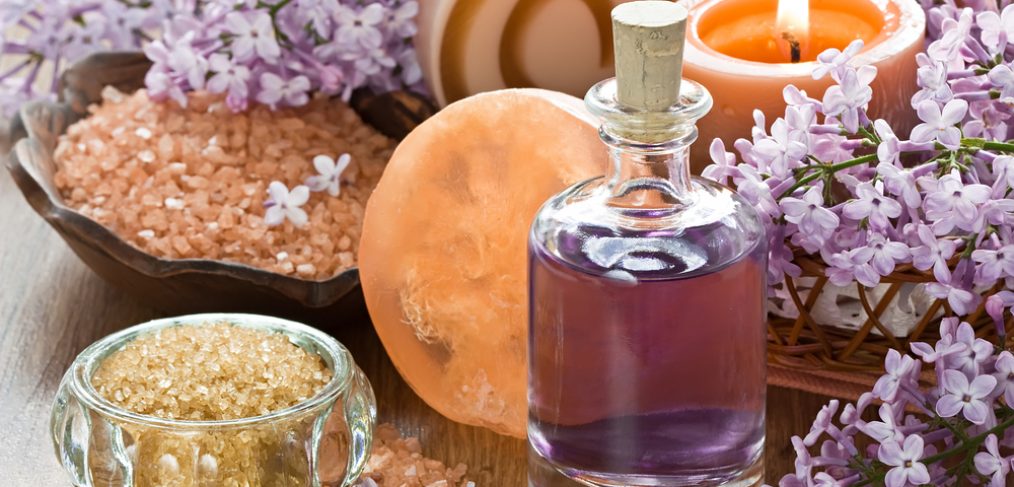Aromatherapy is a natural, holistic treatment that has been used for over 6,000 years and it involves the use of essential oils that have been extracted from various plants. Typically, aromatherapy is associated with inhalation exercises, but you can also use essential oils for a stress-relieving bath, a therapeutic massage or under doctor supervision, you can orally administer essential oils. There is a multitude of different essential oils, all of which target specific health problems or concerns. When it comes to needing a mood boost, three of the best essential oils you can use are lavender, jasmine and rosemary. Below, find out why each of these essential oils is beneficial and what you can expect from each one.

Lavender
Lavender is perhaps the most widely thought of essential oil when it comes to relaxation. Many sleep products are infused with lavender essential oil because it promotes relaxation and is thought to aid insomnia. How does lavender oil do these things? It seems that when lavender oil is inhaled, molecules enter your brain and interact with two centers associated with emotion: the amygdala and the hippocampus. When this happens, lavender acts as a sort of sedative to these two areas, thereby reducing feelings of stress and anxiety while promoting relaxation and calm feelings. In fact, a 2007 study found that men who inhaled lavender essential oil had significantly lower levels of cortisol, the hormone primarily associated with stress. To benefit from the relaxing and calming scent of lavender, you could use an essential oil warmer, diffuser or simply open a vial of the essential oil and inhale. Keep a bottle near your bed for help with insomnia, or stash some in your purse for days where it seems that your stresses are unending.

Jasmine
Often referred to as the “woman’s oil,” jasmine has been used for centuries to help with health problems such as skin care, hormonal disorders and childbirth. However, jasmine is not limited to these functions, it can also have profound psychological effects. Jasmine has an excellent reputation as an antidepressant and can be used if you suffer from anxiety, depression, fear and tension. Additionally, jasmine is a well-known and powerful aphrodisiac, which can be very helpful to someone suffering depression. Often, a serious lack of sex drive accompanies depression or is a side effect of antidepressants. Jasmine essential oil can help put your sex life back on track, which is another way to boost your mood. Experts do caution those wanting to use jasmine essential oil. Because it has such a strong floral fragrance, it can be overpowering for some and may induce headaches. Using jasmine oil in an essential oil diffuser is a great way to use a tiny amount, but to get big results.

Rosemary
Rosemary is well-known for its fragrance and taste in the kitchen, but rosemary essential oil can help with a number of psychological and physical issues. One of the historical uses for rosemary was at weddings and funerals, because rosemary improves memory. In addition to improving your memory, rosemary essential oil can help with physical symptoms of depression and anxiety like headaches, sore muscles and digestive concerns. Another way that rosemary can help boost your mood is by improving your circulation and providing you with a feeling of rejuvenation and renewed energy. Rosemary can also help to clear and calm your mind, making it easier to relax. You can use rosemary in a diffuser, a warmer or place a few drops in a spray bottle filled with water and mist the air when you need a little lift.
Essential oils have been used for thousands of years because they work. A well-formulated, high-quality essential oil can have dramatic impacts on both your physical and mental well-being. When you need a boost in mood, using lavender, jasmine and/or rosemary can be quite helpful. Keep small vials of essential oils in your purse, so that you are ready to tackle any problem or difficulty that comes your way during the day.




